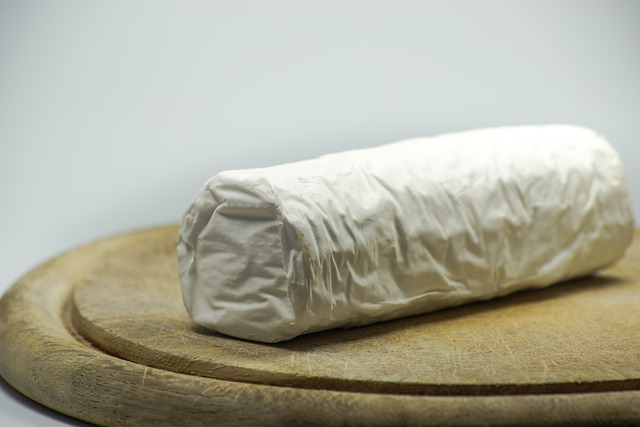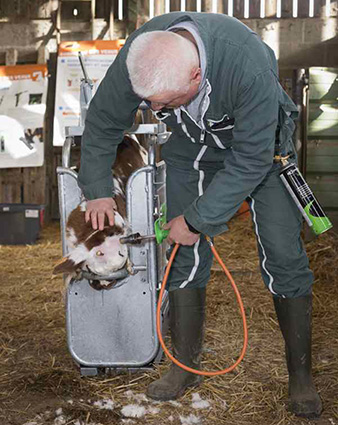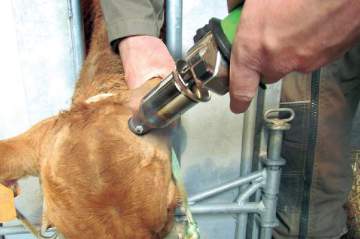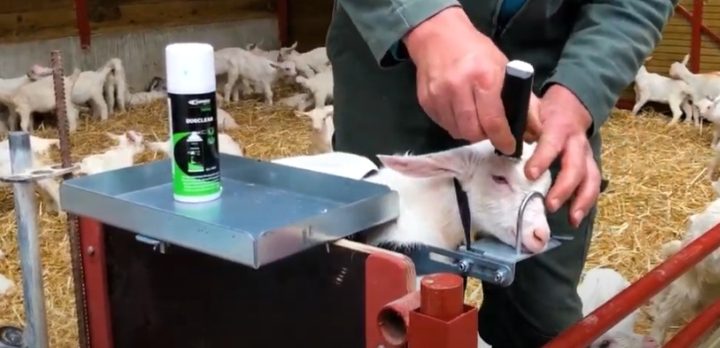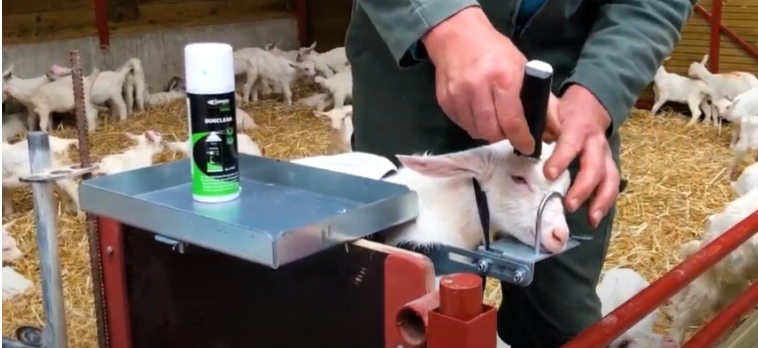
The dehorning of cattle and goats is a real step forward for the animals, as well as for the farmer, provided that it is carried out under the best conditions. This involves dehorning while the animal is young, with a thermal system and having previously sheared the relevant area. Clippers or a mechanical epilator can be used for this purpose.
The importance of dehorning farm animals
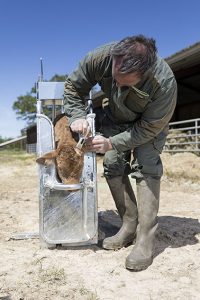
On the other hand, dehorned animals move more easily when confined. Finally, a dehorned animal has more market value than the others.
Basic rules of dehorning
It is crucial that dehorning occurs very early in the life of the animal, as early as the third week. The ideal is to have a restraint cage that allows you to work more comfortably, by wedging the animal’s head. The younger it is, the more docile it will be, because it is less stressed. Afterwards, since it will never have lived with horns, it will not feel any handicap.
Dehorning must be carried out while the cornillon is not yet out. The formation of the horn takes place through a venous system, located at their base; by cauterszing this area prior to growth, you solve the problem before it appears.
After two months, the horn has already started to grow and to weld to the frontal bone. In this case, the horns will have to be cut, a more aggressive and stressful method that creates additional risks for the animal.
Chemical dehorning should be avoided. It is more painful and less reliable than thermal dehorning. The chemical method creates a sore which will then dry and you are at greater risk of infection. It should also be noted that the burn from the soda paste is longer and more painful.
Thermal dehorning is more radical and much less painful. The special heated nozzle digs a groove around the forming horn. The peripheral matrix of the horn is thus definitively neutralised.
The importance of shearing before dehorning
Whatever type of dehorning you practice, it is important to first shearthe area on which you are going to operate. You have to work cleanly in order to have more precision on the one hand and to avoid all risks of infection on the other hand.
It is essential for the welfare of the animal to give a local anaesthetic before dehorning. It is also recommended to prolong the aneesthetic effects and avoid pain by supplementing with an analgesic.
Get clippers just before you start dehorning. You save time and ensure a perfectly shorn area.
It only takes a few seconds to get rid of hair that gets in the way of your work and your animal doesn’t feel it at all, especially as you will have preventively proceeded with a local anaesthetic.
By working quickly, the dehorning operation is no longer a source of trauma for young cattle and goats but a safety for the animal and the farmer.


